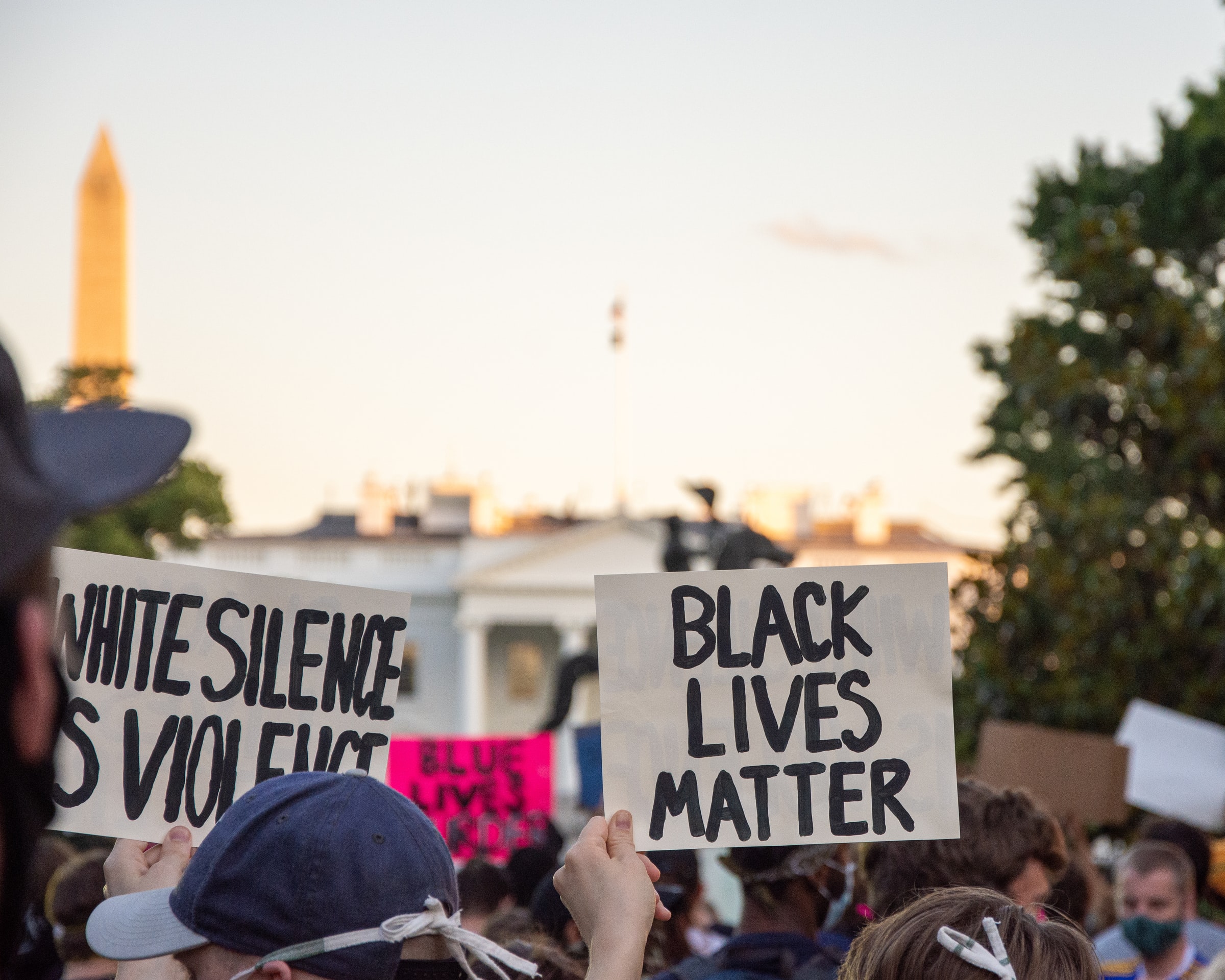CW: racism, discrimination, hate crime
In a year where we’ve been glued to our screens more than ever before, reports of social injustices appear almost unprecedented. However, racism, discrimination and mental health aren’t new phenomena…far from it in fact. So why do they now appear to be at the forefront of our discussions, social media feeds and news bulletins? If we weren’t in a pandemic, would any of these issues have been recognised by the masses?
Whether you’ve got into podcasts, read more books, shared social media posts, or even just tuned in to watch the news every evening, it’s likely that many of us have definitely become more ‘woke’ over the course of the last year. Social media platforms have been transformed in purpose, with Instagram no longer just a place for fun boomerangs but also education and awareness, with the wave of posts surrounding the ‘Black Lives Matter’ movement in June 2020 providing educational resources on racism. More recently, the murder of Sarah Everard and anti-Asian hate spreading across the USA, has emphasized the need for conversation and change around misogyny, alongside anti-Asian hate crime and discrimination.
And yet, rather concerningly, it appears that many are only just becoming truly aware of the significance of these problems for the first time. Racial hatred towards Asian-Americans in particular, fuelled by Trump’s unjustifiable labelling of COVID-19 as the ‘Chinese virus’, has severely intensified within the last year. AAPI Hate reported more than 3,000 hate crimes against Asian Americans since the pandemic began but, these events are far from recent, instead representing a long history of violence requiring urgent attention.
Nevertheless, the pandemic has undoubtedly both highlighted and exacerbated racial issues. Ethnic minorities are not only more likely to get ill from COVID-19, with 1 in 20 people from Black and ethnic minority groups having been hospitalised with the virus compared with 1 in 100 white people, they are also experiencing disproportionately higher financial insecurity and mental health issues due to social inequalities such as housing, occupational risk and healthcare access. Similarly, the pandemic has only worsened mental health issues, with Young Minds’ January-February survey reporting that 67% of respondents, aged between 13 and 25, believing that the pandemic will have a long-term negative effect on their mental health.
Going forward, a key concern is how best ‘wokeness’ can help in tackling these worrying statistics. Online echo chambers are real and damaging, with many of these powerful conversations struggling to reach uneducated individuals. And, crucially, as restrictions are eased and endless scrolling is traded for the filling of the social calendar, its vital this momentum for change continues.
To only be ‘woke’ in periods of excess free-time, to opt out in a digital age where information is readily available in a multitude of accessible forms, is an unacceptable privilege. For behind every worrying statistic and problem are individuals who will be forcibly facing the pandemic’s after-effects for many years to come.
Image: Koshu Kunii via Unsplash

